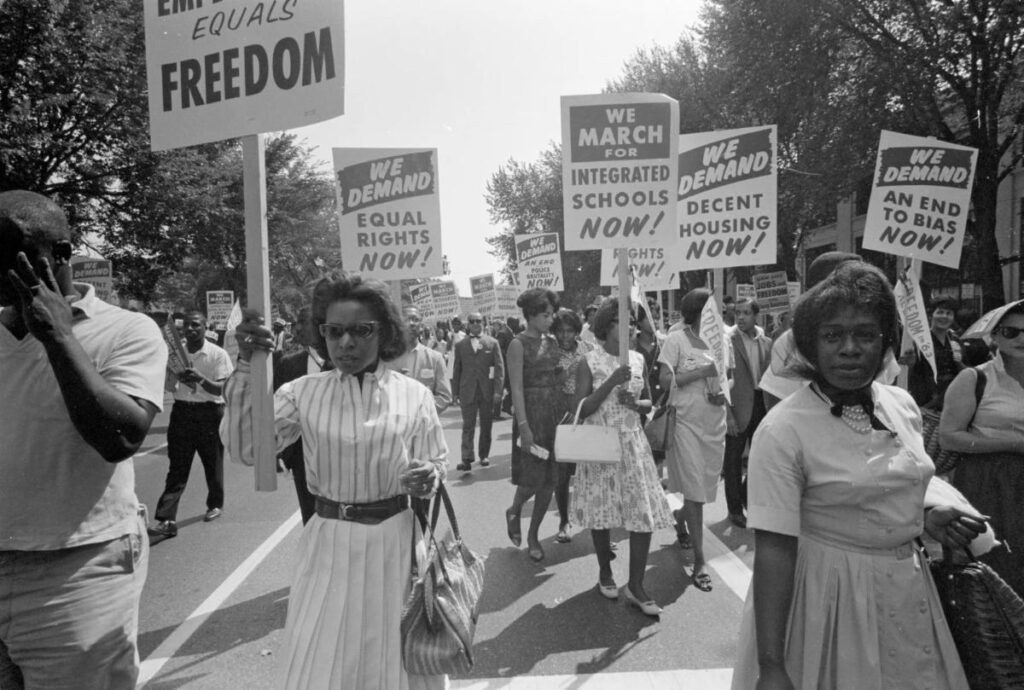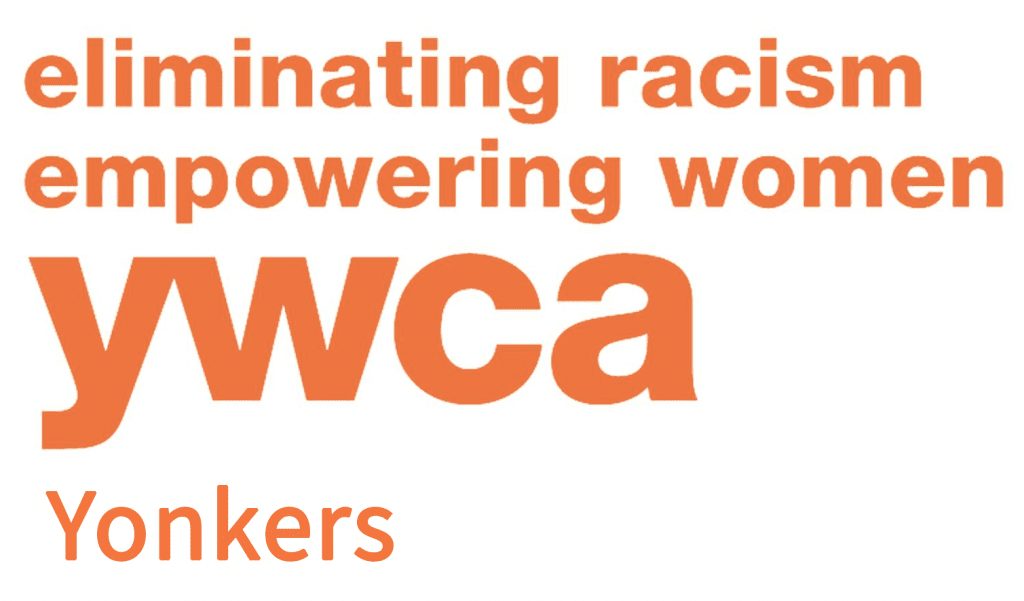
Day 3 Reflection on Freedom and Equity

The struggle for freedom and equality for Black Americans has been a continuous battle throughout history. Juneteenth, commemorating the emancipation of enslaved African Americans, serves as a poignant reminder that the fight against racism and discrimination is an ongoing process. It symbolizes the belated arrival of freedom for Black Americans and the perseverance they have demonstrated throughout history. Today we will explore the progress made since emancipation and the challenges that still persist in achieving true racial equality in contemporary society.
Since the abolition of slavery, significant progress has been made in advancing civil rights for Black Americans. The Civil Rights Act of 1964 and the Voting Rights Act of 1965 dismantled legal segregation and granted equal voting rights, respectively. These landmark legislations marked important milestones in the journey toward racial equality. Additionally, the election of the first African American president, Barack Obama, in 2008, symbolized the nation’s progress in breaking down racial barriers.
Despite the progress achieved, significant challenges remain in the pursuit of true racial equality. Systemic racism continues to pervade various aspects of American society, including education, criminal justice, housing, and employment. Disparities in wealth and opportunity persist, perpetuating a cycle of disadvantage for many Black individuals and communities. Racial profiling, police brutality, and acts of discrimination are unfortunate realities that Black Americans face daily. Moreover, the events of recent years, such as the killings of unarmed Black individuals, have ignited widespread protests and highlighted the urgent need for comprehensive reforms.
The ongoing struggle for freedom and equality for Black Americans is a testament to their resilience and the need for continuous efforts to combat racism and discrimination. Juneteenth serves as a crucial reminder that progress has been made, but true racial equality has not yet been fully achieved. By acknowledging this history and addressing the challenges, we can strive for a more just and inclusive society.
Today's Challenge
READ
Racial disparities in the high school graduation gender gap – The Brookings Institution
The Latest Poverty, Income, and Food Insecurity Data Reveal Continuing Racial Disparities – The Center for American Progress
LISTEN
Listen to the NY Times podcast Still Processing episode, “How a Highway Divided a Community in Philadelphia”
LEARN MORE
Review the Black Progress Index by the NAACP and the Brookings Institution HERE.
REFLECTION
In what ways does Juneteenth serve as a reminder that the fight against racism and discrimination is an ongoing process? Reflect on the historical significance of Juneteenth and its connection to the struggle for freedom and equality for Black Americans throughout the years.
When examining the progress made since emancipation, what significant milestones and achievements stand out to you in the pursuit of racial equality? Consider legislative changes, social movements, or individual contributions that have played a role in advancing the rights and opportunities for Black Americans.
Despite the progress made, what are some of the persistent challenges that hinder the achievement of true racial equality in contemporary society? Reflect on systemic racism, disparities in education, criminal justice, employment, and other areas. How do these challenges impact the lives of Black Americans and hinder the realization of equality?
How can we, as individuals and as a society, actively contribute to the ongoing struggle for freedom and equality for Black Americans?
Reflect on the role of allyship, education, and advocacy in promoting racial justice. Consider tangible steps that can be taken to address the remaining challenges and create a more inclusive and equitable society for all.
The 5-Day Social Justice Journey is presented by



336 Central Park Avenue
White Plains, NY 10606
914.997.6700
Privacy Policy
Board Portal
Career Opportunities

